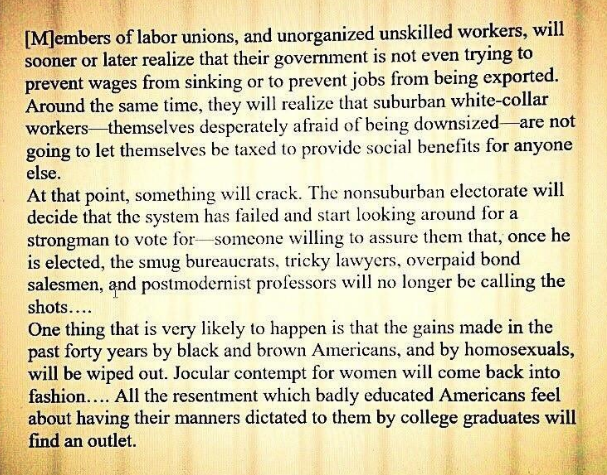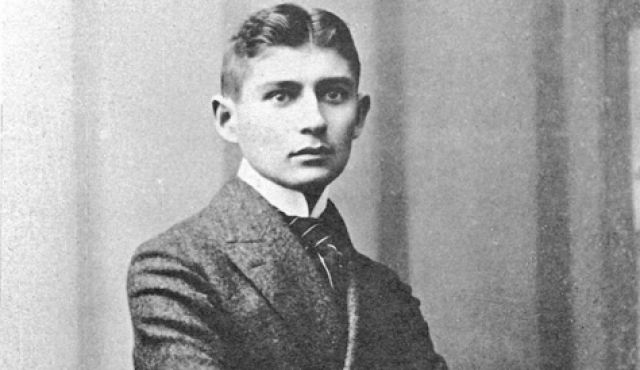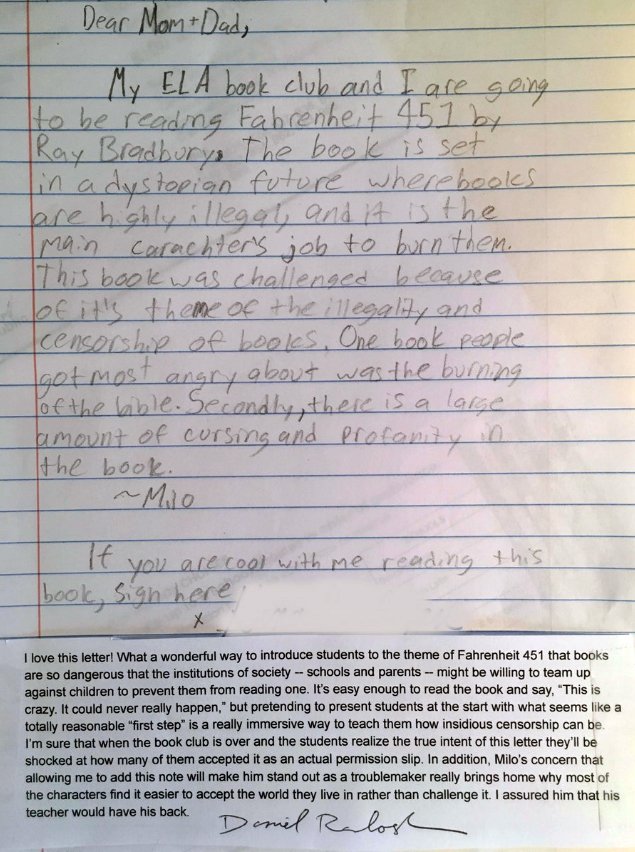“When you go walking by night up a street and a man, visible a long way off — for the street mounts uphill and there is a full moon — comes running toward you, well, you don’t catch hold of him, not even if he is a feeble and ragged creature, not even if someone chases yelling at his heels, but you let him run on.” Good advice, you might think, “for it is night, and you can’t help it if the street goes uphill before you in the moonlight, and besides, these two have maybe started that chase to amuse themselves, or perhaps they are both chasing a third, perhaps the first is an innocent man and the second wants to murder him and you would become an accessory.”
Or “perhaps they don’t know anything about each other and are merely running separately home to bed, perhaps they are night birds, perhaps the first man is armed. And anyhow, haven’t you a right to be tired, haven’t you been drinking a lot of wine? You’re thankful that the second man is now long out of sight.” So goes the entirety of “Passers-by,” a very short story — one might now use the label “flash fiction” — written sometime between 1908 and 1913 by none other than Franz Kafka. If short stories make more suitable bases for feature-length films than novels do, surely extra-short stories do the same for short films. Director Dominic Allen tested that idea in 2009 with Two Men, the adaptation of “Passers-by” above.
Allen has also made the bold move of transplanting the story from Kafka’s home turf of a vague and allegorical Europe to the Kimberley, the northern tip of Western Australia and one of the first settled parts of the continent — not by Europeans, but probably by pre-Indonesians of 41,000 years ago. “My hope was that by retelling a hundred year old philosophical tale set in European city at night in such a different context as deep in the Australian Kimberley in the heat of a sunny day and by having it retold by a modern Indigenous thinker,” writes Allen, “I would affirm an element of humanity’s commonality.”
Two Men also happened to win him the Emerging Australian Filmmaker Award at the Melbourne International Film Festival and the 2009 Inside Film Rising Talent Award, but his other more immediate goals included celebrating “the robust and healthy youth of Fitzroy Crossing,” the town in which he and his collaborators filmed, and to “reinforce Kafka’s point that it’s impossible to ever truly know another’s motivations.” Or, in the locally inflected words of the short’s motionless observer-narrator, “You just bloody never know.”
Two Men will be added to our collection, 4,000+ Free Movies Online: Great Classics, Indies, Noir, Westerns, Documentaries & More.
Related Content:
Franz Kafka: An Animated Introduction to His Literary Genius
Franz Kafka: The Animated Short Film
Orson Welles Narrates Animated Version of Kafka’s Parable, “Before the Law”
Kafka’s Nightmare Tale, ‘A Country Doctor,’ Told in Award-Winning Japanese Animation
Vladimir Nabokov (Channelled by Christopher Plummer) Teaches Kafka at Cornell
Prague’s Franz Kafka International Named World’s Most Alienating Airport
Based in Seoul, Colin Marshall writes and broadcasts on cities and culture. He’s at work on a book about Los Angeles, A Los Angeles Primer, the video series The City in Cinema, the crowdfunded journalism project Where Is the City of the Future?, and the Los Angeles Review of Books’ Korea Blog. Follow him on Twitter at @colinmarshall or on Facebook.









